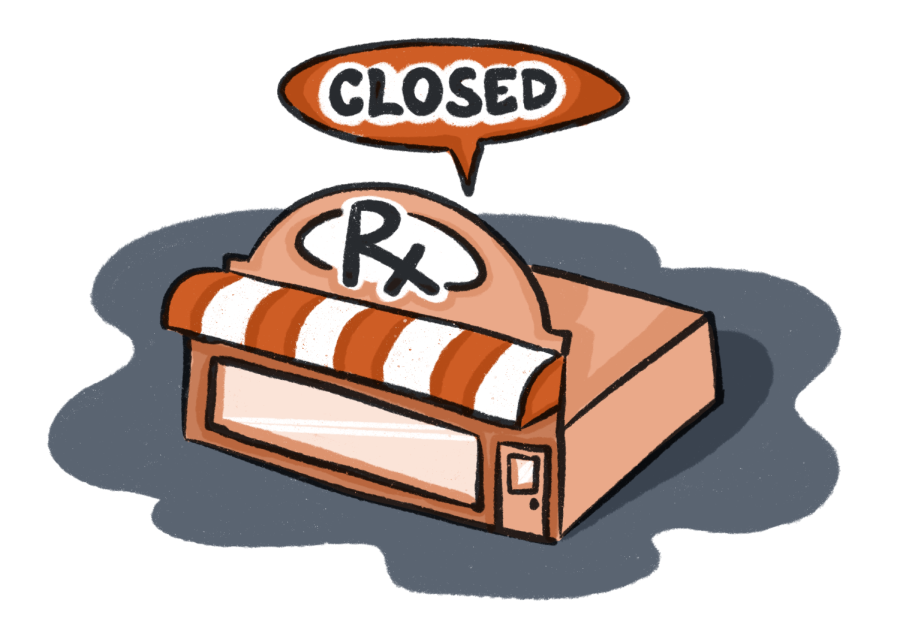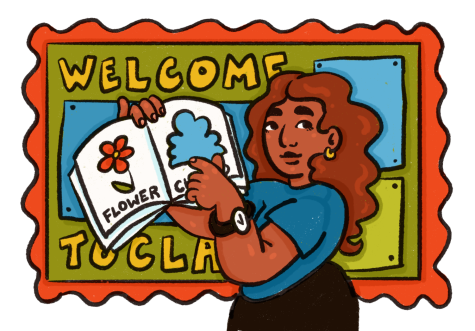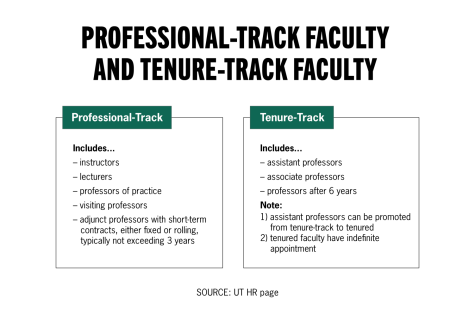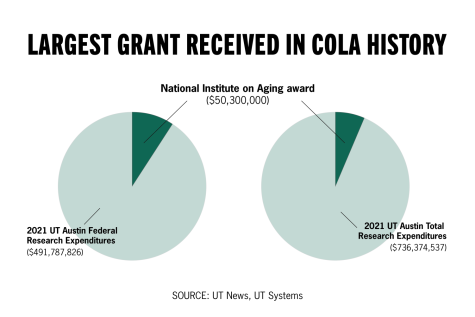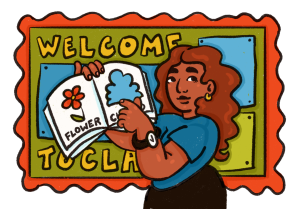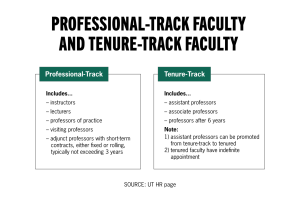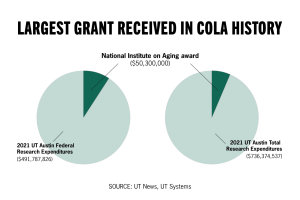UT pharmacy students, faculty discuss the national pharmacy shortage
October 14, 2022
The month of October marks American Pharmacists Month, a time to recognize the role pharmacists play in providing access to healthcare. However, more than three-quarters of community pharmacies are experiencing shortages in employed pharmacists and pharmacist technicians, causing issues like reduced hours and increased stress for workers.
Despite retail pharmacies like Walgreens responding to the shortages by offering signing bonuses as high as $75,000 to pharmacists, UT pharmacy students and faculty say these offers don’t cancel out the many underlying issues in the field.
Andrew Wash, a pharmaceutical sciences graduate student, said he worked as a community pharmacist providing pick-up prescriptions to the public for six years before coming to UT. For Wash, the stress of fulfilling prescriptions and other tasks ultimately outweighed his love for advising patients, causing him to leave the profession.
“When I was working as a pharmacist, I just knew that I couldn’t keep doing that for another 20 years or 30 years,” said Wash, who is currently studying burnout in the pharmaceutical field. “I would go home some days and just sit there on the couch — unable to engage with anything, not watching TV, not doing anything — just sitting in silence because I would be so mentally exhausted from the day. … I was clearly super burnt out.”
The American Pharmacist Association told ABC 7 News that there isn’t necessarily a lack of qualified pharmacists, but, instead, a lack of pharmacists interested in working in community pharmacies. However, by 2030, The National Center for Health Workforce Analysis projected an oversupply of pharmacists due to the large number of pharmacy programs across the nation.
Juan Ramirez, a fourth-year pharmacy student and current community pharmacy intern, said the working environment isn’t for everyone. While Ramirez said he’s had a positive experience and plans to continue working in community pharmacy after graduating, he understands why the job may leave many stressed.
“I like to be on my feet,” Ramirez said. “I like to actually feel like I’m doing something. I like patient interactions. I like counseling. That’s what really draws me into (community pharmacy).”
Ashley Garling, an assistant professor of pharmacy practice, said staffing shortages, along with the additional pharmaceutical tasks like providing COVID-19 vaccines, has exacerbated the high-stress pharmacy environment. Garling said pharmacists experience some of the highest stress levels among healthcare professionals, but the community doesn’t understand the extent of the role they fill.
“We work ourselves to the bone with very little recognition,” Garling said. “We’re in charge of people’s lives, yet we can’t even use the restroom or find childcare or sleep well, and we are ourselves burning out and having depression and anxiety.”
Wash said prioritizing patients and counseling over the quotas is what reminds community pharmacists of the value in their positions.
“We need community pharmacists and we need good community pharmacists,” Wash said. “Being community pharmacists can be the best thing in the world. … There can be so much good, but you really have to put effort into making it that way.”

